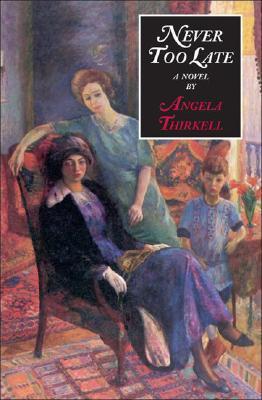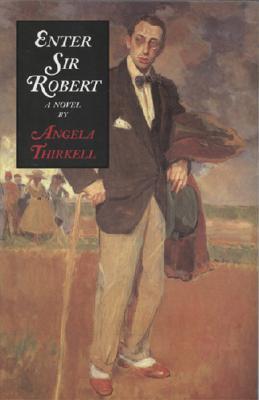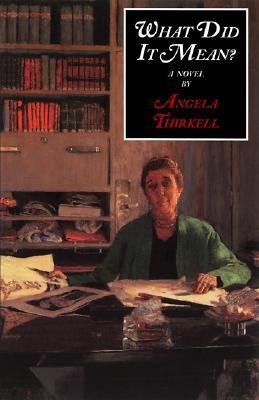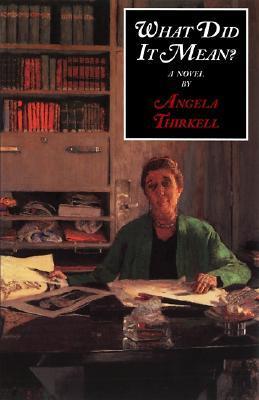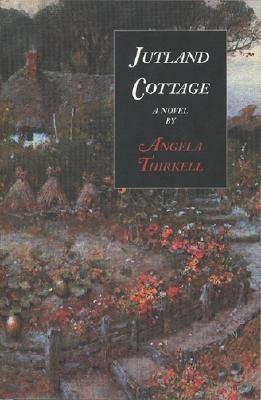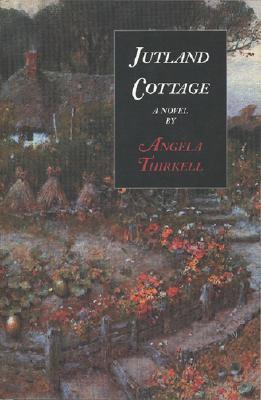Purely by error, I read most of the next book in the series before this one (apparently my stack got rearranged), which spoiled a key surprise of this book. So I will not spoil it for you.
Much of this book deals with young Edith Graham, who can’t decide what to do with herself. As, in fact, did the last book and as does the next one. It’s unusual for Thirkell to spend so much time with one character, although she certainly revisits characters time and again. To a certain extent, though, she also did this with Clarissa Graham, who was also a little spoiled. Edith is clearly discontented, especially when she feels she is not getting enough male attention.
But the novel also deals with the problems of George Halliday and his mother. George has been working hard to keep his father’s farm going and to keep his patience with his father’s advice. But now Mr. Halliday is failing in mind and body. George is too busy with the farm to help his mother care for his father, and both of them are exhausted. So, Agnes Graham, working with friends, takes a hand in the situation.
Aside from George’s problems there are newcomers to meet—the Carters, cousins of Everard Carter, the headmaster of Southbridge School—and two very understated romances of the middle-aged variety. So, I found Never Too Late to be as delightful as usual.

